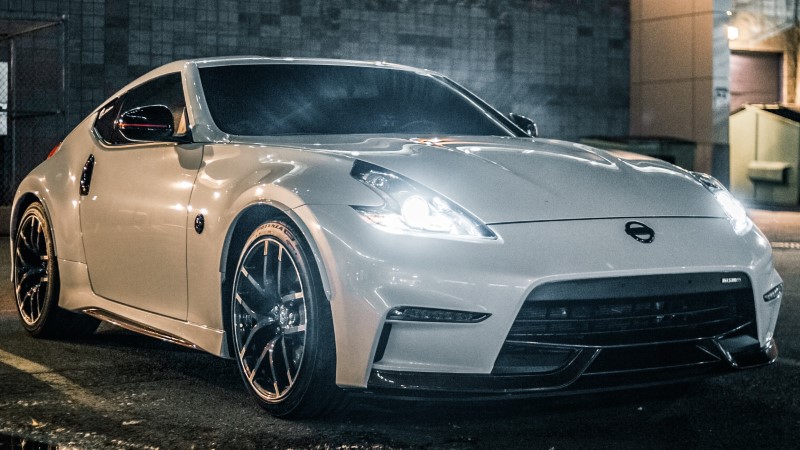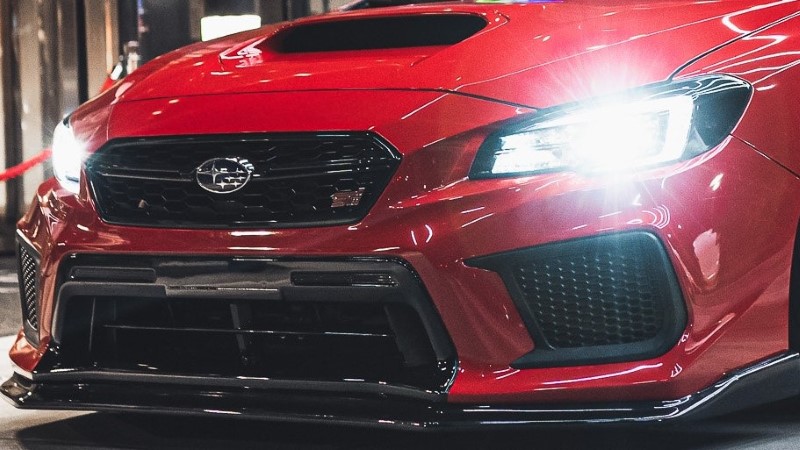
Hyper-efficient car lighting
With LEDs, the electric current passes through a semiconductor (or diode) to produce a brighter light that generates less heat. LEDs work about 90% more efficiently than incandescent bulbs, and because they generate less heat, it helps them last much longer than other types of lights. LEDs generally don’t burn out like incandescent bulbs, although they do dim over time.

Because car LED headlights are smaller than bulb lights, they allow for more design freedom with headlights and other vehicle lights. The downside is that they are more expensive than halogens or high-intensity discharge headlights, which typically use xenon gas.
But do LED car bulbs improve headlights?
The answer is : most of the time yes, but not always.
Regardless of whether the light comes from a halogen or high-intensity discharge bulb or an LED, the design of the headlight assembly and reflectors, the parts that light the road, also affect the performance and orientation of the headlights.
Good road safety practice evaluates headlights based on the distance they can illuminate the road as a vehicle travels, whether straight ahead or around corners. LEDs generally perform better in tests, but some halogen headlights have been rated higher than some LEDs. Some halogens were rated as acceptable (second highest) and some LED headlights as marginal (second lowest) and even poor. However, only LEDs got such good ratings that more people opted for this type of lighting system.
Silux LED bulbs for cars are increasingly in vogue for the reasons listed above and are definitely the best choice if you are buying a new vehicle rather than replacing the lighting system
Similar Posts:
- Remember to Turn on The Lights … but Make Sure They are The Right Ones!
- Why Use LED Headlights for Cars?
- Should You Switch to H7 LED Car Headlight Bulbs?
- Want to Use H7 LED Car Headlight Bulbs? Here are the Things to Know about LED Technology!
- Brighten Up Your Home’s Interior with the Right Ceiling Lights




